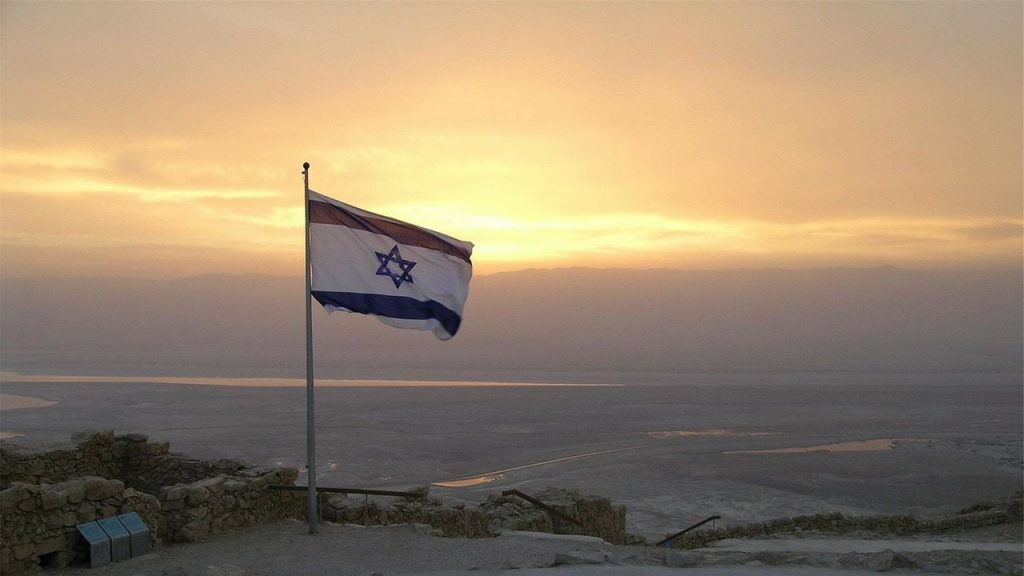
The Israeli debate about the future of the settlements has been changing in recent years. This change will now be accelerated following the US decision to soften its stance on the legality of Israel’s West Bank communities.
On Monday, Secretary of State Mike Pompeo announced that the United States no longer considers Israel’s West Bank settlements illegal. “Calling the establishment of civilian settlements inconsistent with international law has not advanced the cause of peace,” Pompeo said.
Reactions in Israel were predictably mixed. Prime Minister Benjamin Netanyahu lauded the move and thanked President Donald Trump for correcting a “historic injustice.” Defense Minister Naftali Bennett was similarly excited, declaring that Israel “cannot be an occupier in its own land.”
However, the response from the left was far less enthusiastic. The settlements are illegal “according to any international legal definition,” said Democratic Camp Chairman Nitzan Horowitz. The US decision was “wrong and harmful,” he charged.
Meanwhile, former Peace Now chairman Yariv Oppenheimer tweeted that “the settlements are a crime against Zionism.” Reality will not change because of President Trump’s declarations, he wrote.
Oppenheimer may be right about the immediate term, but the Israeli debate on the future of the settlements is certainly changing, and dramatically so.
Annexation or Withdrawal
For many years, the main focus of Israel’s national conversation has been the question of establishing a Palestinian state. Leftists generally supported the two-state solution, while rightists were more skeptical.
However, waves of deadly Palestinian terrorism and an ongoing impasse in peace talks have largely terminated the debate. Today, most leftists and rightists do not see a Palestinian state as a viable option.
Hence, the battle lines are being redrawn. On one side of the argument there are increasing calls to annex the settlements. Netanyahu, who has resisted the move for years, vowed to advance annexation ahead of the last election.
The pro-settlement camp will clash with opponents from the left, center and right who do no wish to expand Israel’s control over the West Bank. Many will reject the two-state formula, but seek other ways to scale back Israel’s military rule.
In any case, the transformed debate will likely push Israel away from the status quo, toward dramatic steps such as annexation or unilateral withdrawals. The latter are likely to be back on the agenda the longer the diplomatic impasse continues.
The US decision to change its position on the settlements will further boost this process.
Settlement fans will claim that the US reversal is yet another reason to move forward with annexation. But any major moves will likely alarm large sections of the Israeli public. One way or another, the Israeli debate on the future of the settlements is about to heat up.


